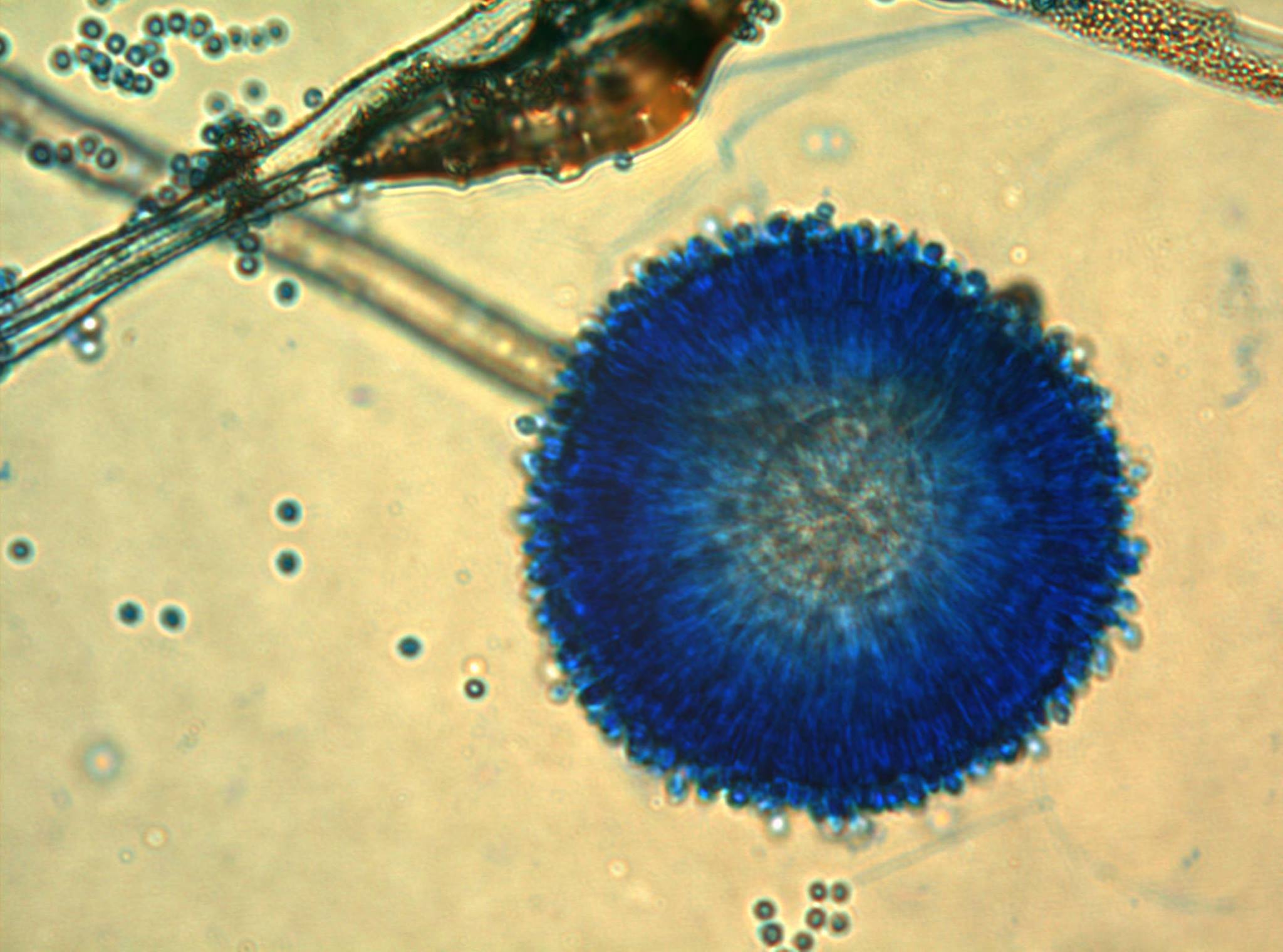Researchers in Europe report that a common mycotoxin found in many types of foods, especially cereals and their derivatives, can inhibit the brain’s ability to repair and regrow new cells (neuroregeneration).
Ochratoxin A (OTA) is a carcinogenic compound produced by several species of molds, such as Aspergillus and Penicillium, found in a wide range of foods, including cereals, dried fruits, coffee, cocoa products, wine, grape juice, beer, liquorice, blood products, baby foods and spices.
The new study shows that Ochratoxine A deteriorates the formation of new neurons in the brain, a process called neurogenesis that, in particular, takes place in the subventricular zone, which in the adult brain is the largest of the neurogenic zones.
The authors further found that Ochratoxin can accumulate in the brain where it causes increased cellular decay in the neurogenic zones, which in turn affects the production of neural stem cells. As neural stem cells regenerate neural populations, a decreased production of these could be a crucial factor in neurodegenerative diseases.
Source: Sara Paradells, Brenda Rocamonde, Cristina Llinares, Vicente Herranz-Pérez, Misericordia Jimenez, Jose Manuel Garcia-Verdugo, Ivan Zipancic, Jose Miguel Soria, Mª Angeles Garcia-Esparza. Neurotoxic effects of ochratoxin-A on the subventricular zone of adult mouse brain. Journal of Applied Toxicology 07/2014; DOI: 10.13140/2.1.1347.1362
Image: Aspergillus ochraceus spore












